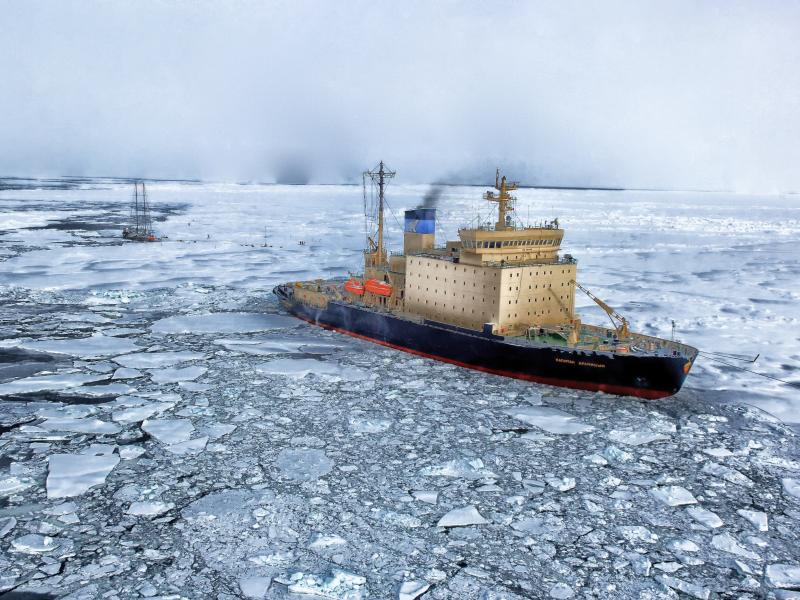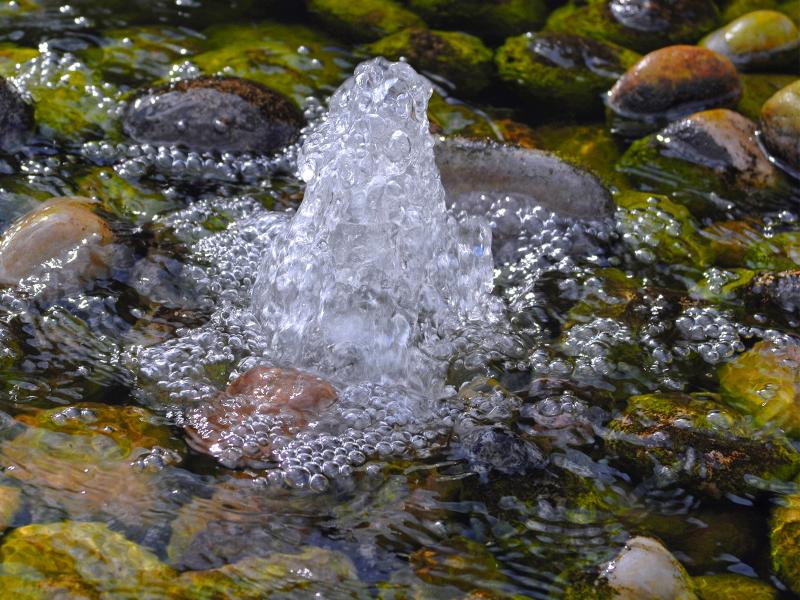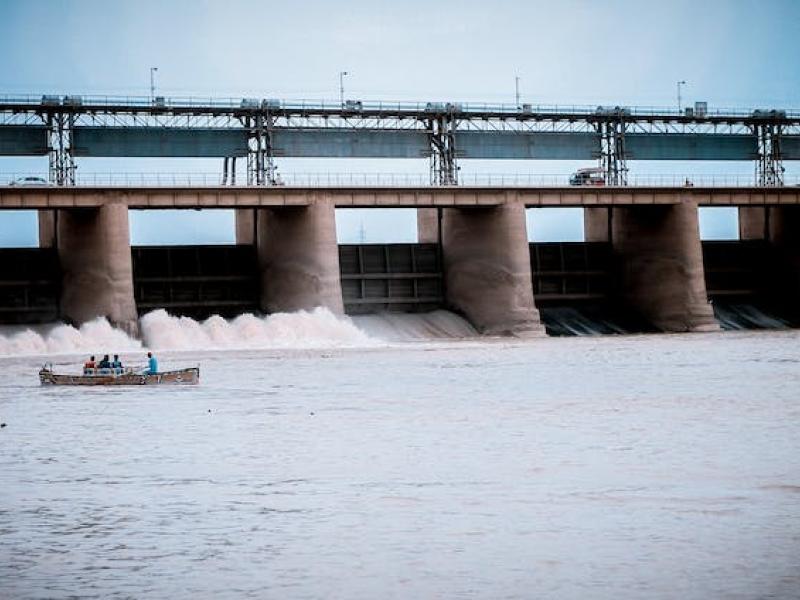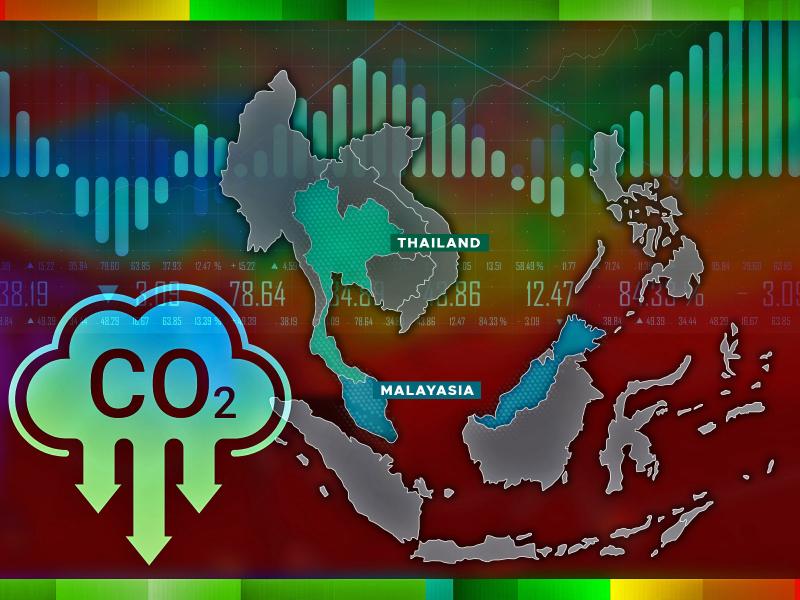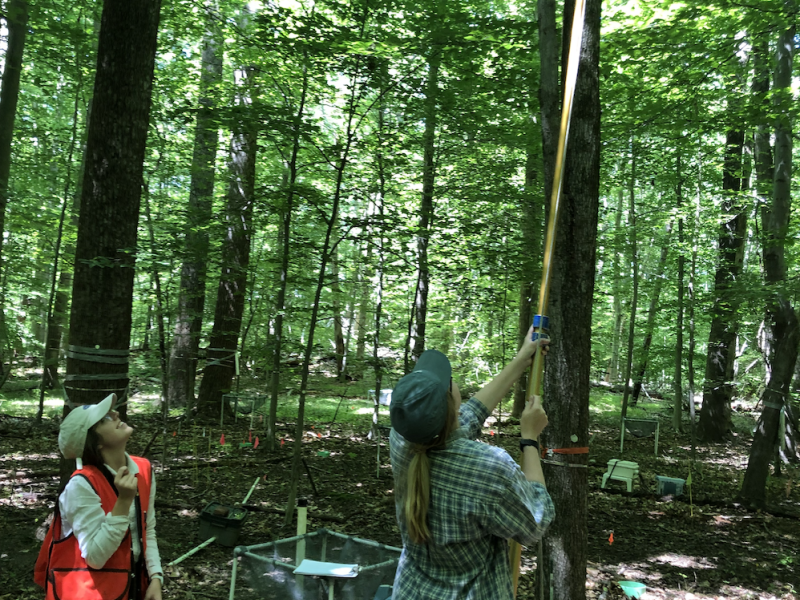Joint Global Change
Research Institute
(JGCRI)
Joint Global Change
Research Institute
(JGCRI)
The Joint Global Change Research Institute (JGCRI) conducts research to advance fundamental understanding of human and Earth systems and provide decision-relevant information related to global change, energy, and environment. The institute is a partnership between Pacific Northwest National Laboratory (PNNL) and the University of Maryland (UMD), supporting research, modeling, and integrated analysis at the interface of human, energy, and environmental systems.

JGCRI research spans multi-system dynamics, energy systems transformation and policy analysis, emission inventories, global change impacts, and terrestrial ecology at many spatial scales. JGCRI is a global leader in the interdisciplinary, multi-sector analysis of global change. At the core of JGCRI’s capabilities is the Global Change Analysis Model—a global model including a comprehensive representation of the human and Earth systems that drive, or are affected by, global environmental change. JGCRI research results are published in the peer-reviewed literature and used widely in reports of the U.S. Global Change Research Program, U.S. federal agencies, leading think tanks, private sector firms, and non-governmental organizations. Institute researchers also collaborate extensively with universities and laboratories around the world on both fundamental and applied research related to global change, its effects on human and natural systems, and how system transformations affect emissions and resilience.
JGCRI research advances our understanding of how human and Earth systems interact while providing decision-relevant information on energy systems, emissions, and interactions with other systems into the future.
JGCRI was established in 2001 and benefits from PNNL and UMD’s expertise and research facilities, as well as a broad range of national and international partnerships and collaborations. PNNL researchers at JGCRI reside within the Global Change Division of PNNL (within the Earth and Biological Sciences Directorate) and JGCRI lies within the Division of Research at UMD. UMD researchers at JGCRI include students and professors from across the University of Maryland community. Intern and post-graduate positions at JGCRI provide training and research opportunities for a new generation of scientists.
